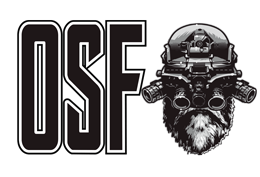Endocrine Disfunction
Blast-wave exposure and concussive impact forces are known to cause significant traumatic brain injury (TBI)
01 Basis
TBI has a powerful dysregulating effect on the endocrine system19 and particularly TBI secondary to blast-wave exposure.
Current research is being conducted to identify the normative hormonal values for operators related to their training cycle. Some data suggest operators have total testosterone below age-based normative reference ranges.
02 The condition
It is believed that overactivity of the “hypothalamic–pituitary–adrenal” axis, through acute or chronic stress, disrupts the hormonal interaction (including gonadal and thyroid axes) between this region of the brain and the adrenal gland. This increases the secretion of cortisol and norepinephrine, leading to insomnia or sleep disruption. Hypogonadism is especially associated with TBI.21 Moreover, certain types of hormonal imbalances (low testosterone) contribute to poor sleep and chronic fatigue, can mimic those of depression (low mood, fatigue, irritability, and impaired concentration), and even can lead to gynecomastia.
The only way to diagnose hormonal imbalances is through a diagnostic blood test, which care providers often neglect to do. Therefore, it is imperative that operators receive a comprehensive panel of blood lab tests regularly. Current research is being conducted to identify the normative hormonal values for operators related to their training cycle. Some data suggest operators have total testosterone below age-based normative reference ranges.
